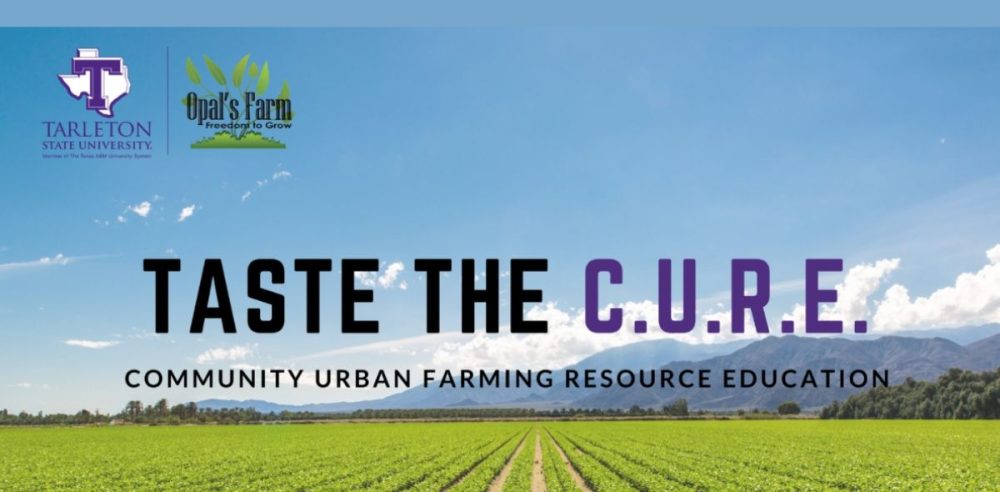Tarleton State University and Opal’s Farm in Fort Worth have teamed up to offer a free program teaching students the fundamentals of urban farming.
The Taste the C.U.R.E. (Community Urban Farming Resource Education) program dates back 135 years to 1899, when it was founded at the John Tarleton Agricultural College. Now, Tarleton University will partner with Opal’s Farm in east Forth Worth to deliver a free bi-monthly program on Saturdays from January to June 2025.
Students will learn the ins and outs of urban farming, including site selection, plot design, soil prep, and planting. They will also learn the basics of rainwater harvesting, recordkeeping, and even marketing.
The program views “agriculture as a cure.” According to the program, fresh produce consumed close to its source can offer higher nutrient and vitamin profiles than processed foods.
Earlier this month, The Dallas Express reported on new research from the University of South Florida (USF) that found a connection between ultra-processed foods (UPFs) and colorectal cancer. UPFs were found to promote inflammation and weaken the immune system, helping the spread of cancer.
In another study published in the British Medical Journal in February, researchers found evidence that ultra-processed diets lead to a heightened risk of premature death. On average, Americans source around 60% of their calories from ultra-processed foods; the figure is over 70% for American children.
Taste the C.U.R.E. also says that organic farming reduces exposure to potentially harmful chemicals in food, such as pesticides and synthetic fertilizers used in the growing process. A recent study from Standford University identified almost two dozen pesticides linked to an increased risk of developing prostate cancer. Another study found that living in close proximity to areas with high pesticide usage in agriculture is just as dangerous as smoking.
More than just producing safe and nutrient-dense food, gardening and farming can help improve mental health, according to the program.
“As a university, we want to make sure that we’re investing in the communities that we’re a part of,” said Dana Fitzpatrick, director of civic and community connections at Tarleton State, per the Fort Worth Report.
“With the program, they’ll get a plot of practice space, because not everyone lives in a home where they have the room to physically grow.”
The program is open to any community member who can commit to the six-month curriculum. Applications can be made here until the cutoff in early January.


